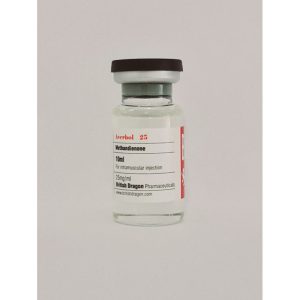What is Victoza?
Victoza (liraglutide) injection 0.6 mg, 1.2 mg or 1.8 mg is an injectable prescription medicine used:
- along with diet and exercise to lower blood sugar (glucose) in adults and children who are 10 years of age and older with type 2 diabetes mellitus.
- to reduce the risk of major cardiovascular events such as heart attack, stroke, or death in adults with type 2 diabetes mellitus with known heart disease.
Victoza is not for use in people with type 1 diabetes. It should not be used with other medicines that contain liraglutide. It is not known if Victoza is safe and effective to lower blood sugar in children under 10 years of age.
Important Safety Information (cont’d)
What should I tell my health care provider before using Victoza?
Before using Victoza, tell your health care provider if you:
- have or have had problems with your pancreas, kidneys, or liver.
- have any other medical conditions or severe problems with your stomach, such as slowed emptying of your stomach (gastroparesis) or problems with digesting food.
- are pregnant or breastfeeding or plan to become pregnant or breastfeed.
Tell your health care provider about all the medicines you take, including prescription and over-the-counter medicines, vitamins, herbal supplements, and other medicines to treat diabetes, including insulin or sulfonylureas.
How should I use Victoza?
- Inject under the skin of your stomach (abdomen), thigh, or upper arm. Do not inject Victoza into a muscle or vein.
- Change (rotate) your injection site within the area you choose with each injection to reduce your risk of getting lumps under the skin (cutaneous amyloidosis). Do not use the same site for each injection.
- Do not mix insulin and Victoza together in the same injection.
- You may give an injection of Victoza and insulin in the same body area (such as your stomach area), but not right next to each other.
- Do not share your Victoza pen with other people, even if the needle has been changed. You may give other people a serious infection or get a serious infection from them.
What are the possible side effects of Victoza?
Victoza may cause serious side effects, including:
- inflammation of your pancreas (pancreatitis). Stop using Victoza and call your health care provider right away if you have severe pain in your stomach area (abdomen) that will not go away, with or without vomiting. You may feel the pain from your abdomen to your back.
- low blood sugar (hypoglycemia). Your risk for getting low blood sugar may be higher if you use Victoza with another medicine that can cause low blood sugar, such as a sulfonylurea or insulin. In children who are 10 years of age and older, the risk for low blood sugar may be higher with Victoza regardless of use with another medicine that can also lower blood sugar. Signs and symptoms of low blood sugar may include: dizziness or lightheadedness, blurred vision, anxiety, irritability or mood changes, sweating, slurred speech, hunger, confusion or drowsiness, shakiness, weakness, headache, fast heartbeat, and feeling jittery.
- kidney problems (kidney failure). In people who have kidney problems, diarrhea, nausea, and vomiting may cause a loss of fluids (dehydration), which may cause kidney problems to get worse.
- serious allergic reactions. Stop using Victoza and get medical help right away if you have any symptoms of a serious allergic reaction, including swelling of your face, lips, tongue or throat, problems breathing or swallowing, severe rash or itching, fainting or feeling dizzy, or a very rapid heartbeat.
- gallbladder problems. Gallbladder problems have happened in some people who take Victoza. Tell your healthcare provider right away if you get symptoms of gallbladder problems, which may include pain in the upper stomach (abdomen), fever, yellowing of skin or eyes (jaundice), or clay-colored stools.





Reviews
There are no reviews yet.